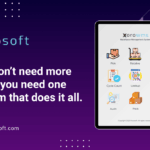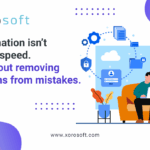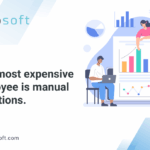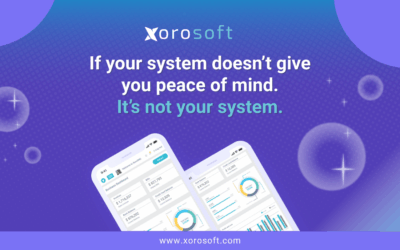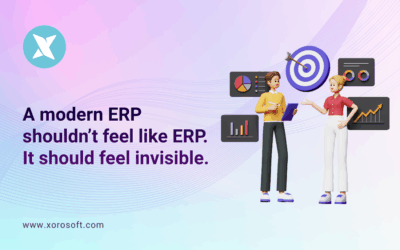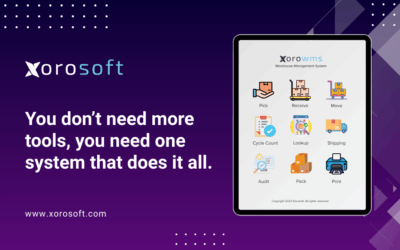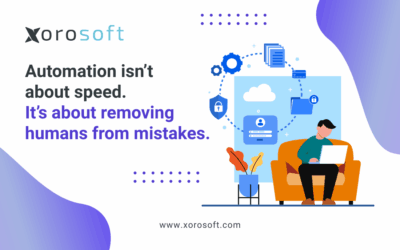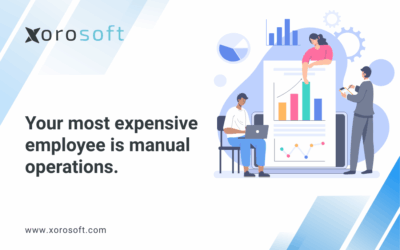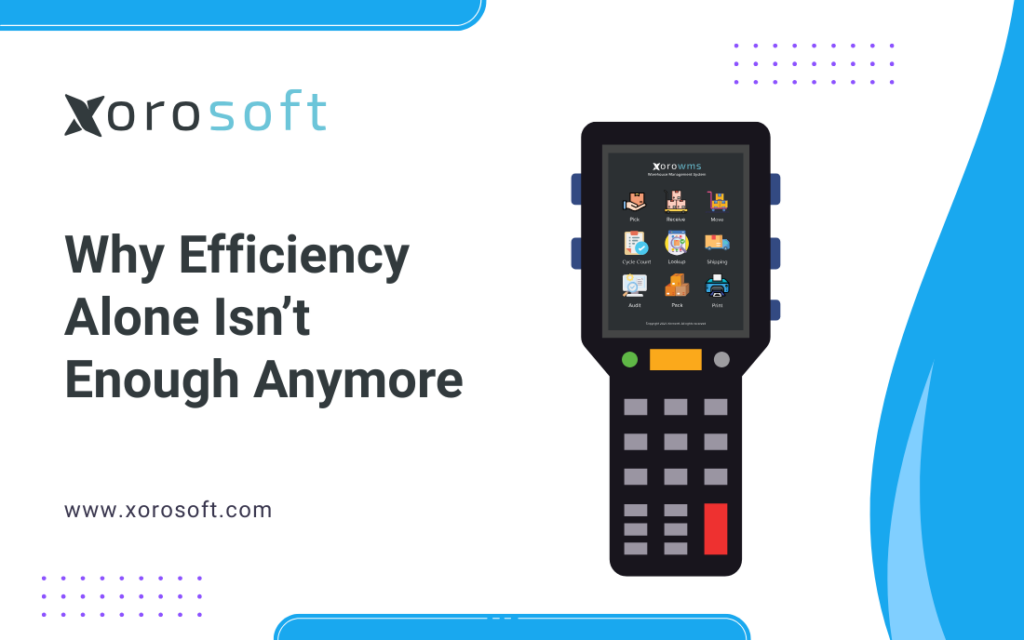
Why Efficiency Isn’t Enough
ERP solutions for online stores have become essential for modern ecommerce growth. For years, teams defined success by how efficiently they could move products and process orders. However, efficiency without insight eventually leads to bottlenecks. As businesses expand, visibility and coordination become just as important as speed. Therefore, it’s time to rethink what true efficiency means in today’s ecommerce landscape.
Modern operations depend on data that’s connected, timely, and reliable. When those systems work together seamlessly, teams gain clarity and can act with confidence. Consequently, ERP software now sits at the heart of scalable retail.
Simplifying Ecommerce Complexity with ERP Solutions for Online Stores
As online stores grow, complexity increases naturally. Data begins to live in too many places—Shopify, accounting tools, inventory systems, and spreadsheets. As a result, teams lose time reconciling numbers and chasing updates. ERP solutions for online stores eliminate this by unifying your business systems into a single, synchronized platform.
When every sale updates inventory automatically and every shipment syncs to accounting, operations flow without friction. Moreover, this integration reduces costly errors and supports faster decisions. In addition, team members always have access to the same information, which builds trust and alignment across departments.
Hidden Frictions in Ecommerce Operations That Block Growth
Even when sales are strong, small inefficiencies can limit scalability. Over time, they quietly drain time, money, and morale.
One of the biggest culprits is disconnected data. When your systems don’t communicate, reports contradict each other, and staff wastes hours verifying information. ERP solutions for online stores solve this by ensuring all systems share a single source of truth.
Manual workflows are another challenge. Copying and pasting data between tools is repetitive and error-prone. Automation removes that burden, so teams can focus on meaningful work instead.
Fulfillment delays also cause damage, particularly when they go unnoticed. With real-time alerts, issues are caught early and resolved before customers ever notice.
Lastly, cash management often suffers when inventory is misaligned. ERP forecasting features balance stock levels precisely, freeing up working capital for reinvestment.
For unbiased comparisons, review user feedback on G2 ERP Reviews.
Redefining Efficiency Through ERP Solutions for Online Stores
Efficiency no longer means doing more—it means doing what matters. ERP solutions for online stores redefine the concept entirely. Orders now sync instantly across channels, inventory updates automatically, and financial data posts in real time. Consequently, leaders can make decisions based on live information rather than gut feel.
This kind of integration changes how teams work. Instead of reacting to problems, they plan proactively. Moreover, real-time dashboards create transparency, ensuring that everyone—from warehouse managers to executives—can see progress at a glance. Ultimately, this calm, coordinated approach replaces chaos with clarity.
How to Modernize Operations with ERP Solutions for Online Stores
Modernizing your operations doesn’t have to be overwhelming. With a clear plan, you can implement ERP solutions for online stores efficiently and see results quickly.
First, unify your core systems so ecommerce, accounting, and fulfillment data flow together. Next, automate your most repetitive tasks such as invoicing and stock updates. As a result, your team can focus on service, not spreadsheets.
Once those basics are in place, use the ERP to align cash flow with real demand. Then, introduce alerts to catch issues before they affect customers. Synchronize marketing with real-time inventory to prevent overselling, and monitor performance metrics daily through ERP dashboards.
Finally, use automation to free up leadership time. By delegating routine processes to your system, you can redirect hours toward growth strategy and innovation.
How ERP Solutions for Online Stores Helped Atlas Supply Co.
Atlas Supply Co., a $4M lifestyle retailer, was drowning in inefficiencies. Orders came from multiple channels, fulfillment lagged, and accounting required constant manual updates. After adopting ERP solutions for online stores, order accuracy jumped to 99.2%, fulfillment speed improved by 22%, and cash conversion time fell from 68 days to just 54.
The result was more than numbers—it was peace of mind. Leadership recovered twelve hours weekly, which they reinvested in growth initiatives and new product lines.
Getting Started with ERP Solutions for Online Stores: A Five-Day Plan
Starting your ERP journey doesn’t require months of planning. In fact, many brands make measurable progress in just one week.
- Day 1: Audit all systems tied to inventory, orders, and finance.
- Day 2: Identify overlap and decide which tools the ERP will replace.
- Day 3: Connect your ecommerce and accounting systems to a test ERP.
- Day 4: Automate one repetitive workflow, like invoicing or order sync.
- Day 5: Review results, define KPIs, and plan the next integration step.
After five days, you’ll know exactly where your inefficiencies lie—and how ERP can solve them.
Key Performance Metrics That Show ERP Success
To understand the full value of ERP solutions for online stores, monitor metrics that reflect genuine progress:
-
Order accuracy: Aim for 99% or higher.
-
Fulfillment speed: Faster cycles increase satisfaction.
-
Inventory turnover: Healthy turnover frees cash.
-
Cash conversion cycle: Shorter cycles strengthen liquidity.
-
Leadership time saved: Hours reclaimed from manual work.
When all these metrics improve together, it’s clear your operations have become both faster and smarter.
Building a Connected Ecommerce Ecosystem with ERP
Modern commerce thrives on coordination. ERP solutions for online stores bring every element of your operation into sync—from sourcing to sales, from fulfillment to finance. This connection not only improves accuracy but also accelerates decision-making.
As your systems communicate more effectively, you’ll find teams working together instead of in silos. Moreover, this connectivity reduces delays, improves forecasting, and minimizes miscommunication. For deeper insight into the power of digital integration, see Harvard Business Review’s digital operations overview.
Choosing the Right ERP Platform for Your Business
Selecting the right ERP is both a technical and strategic decision. Focus on scalability, automation depth, and ease of integration with Shopify or other ecommerce systems. Evaluate real customer feedback through G2 ERP Reviews, and explore Xorosoft ERP for Shopify for seamless compatibility.
When your ERP fits naturally with your workflows, implementation becomes faster, adoption easier, and ROI clearer.
Achieving Operational Calm with ERP Solutions for Online Stores
Growth doesn’t have to come with stress. ERP solutions for online stores turn disjointed systems into connected, predictable operations. With greater visibility, fewer errors, and real-time automation, your brand can finally grow without constant chaos.
When every process runs smoothly, your team’s focus shifts back to customers and innovation—the things that matter most.
Book a Demo to see how connected operations work in real time, or Explore XoroONE to learn what automation can do for your store.


